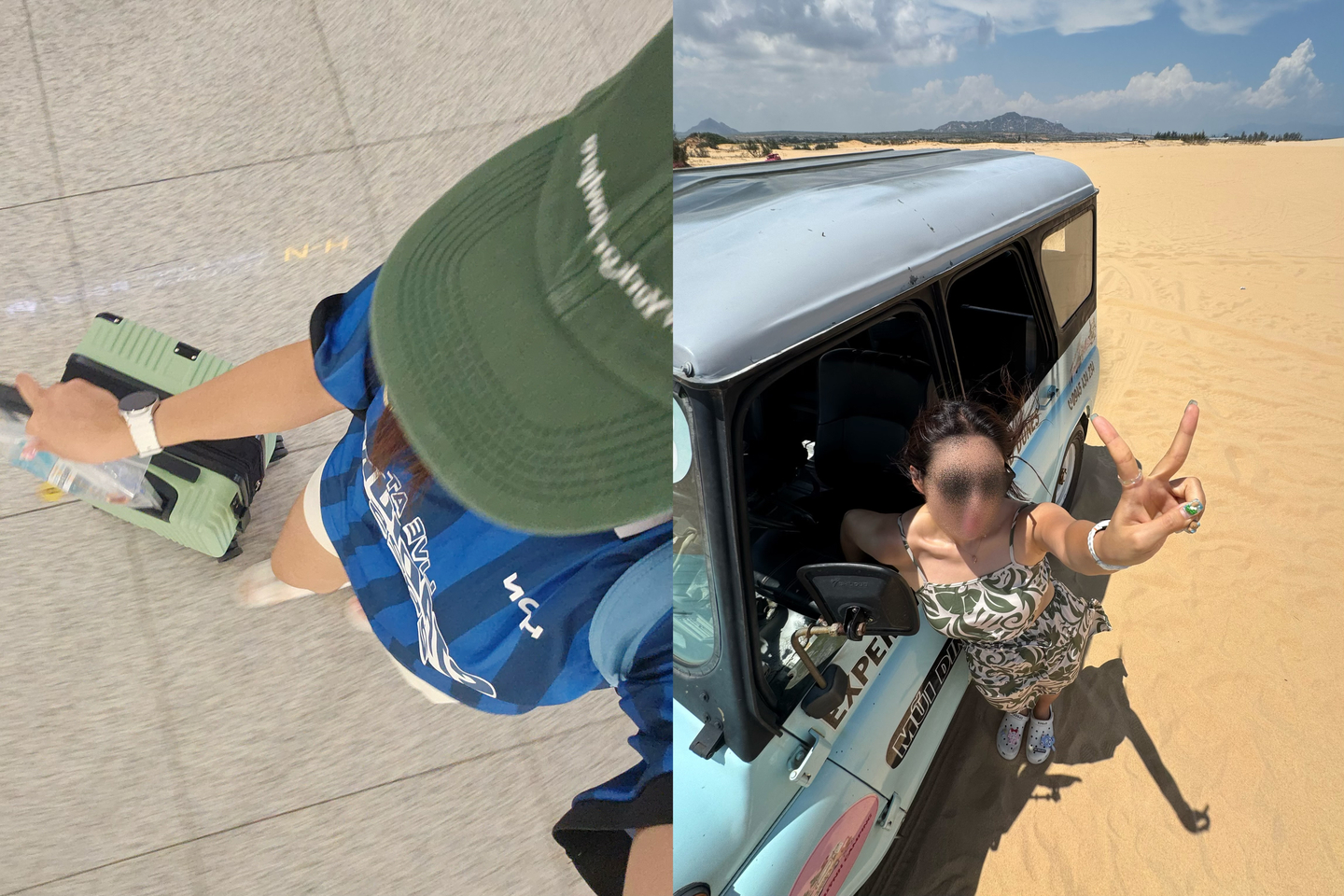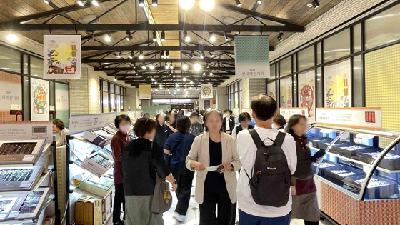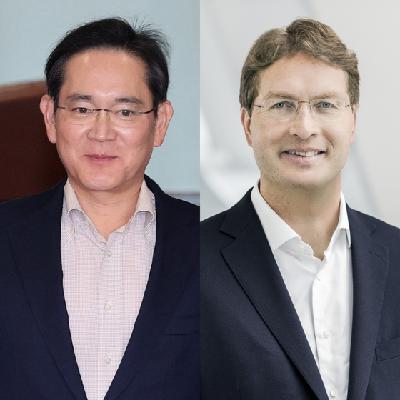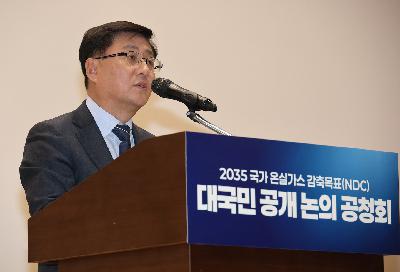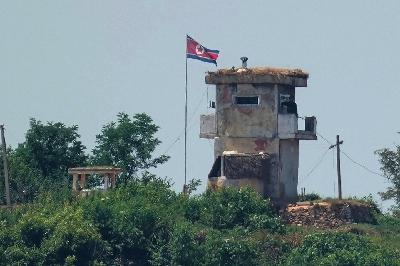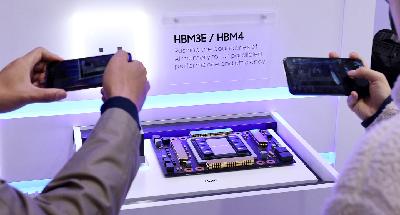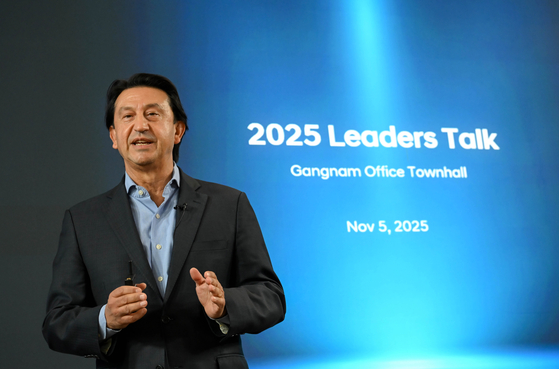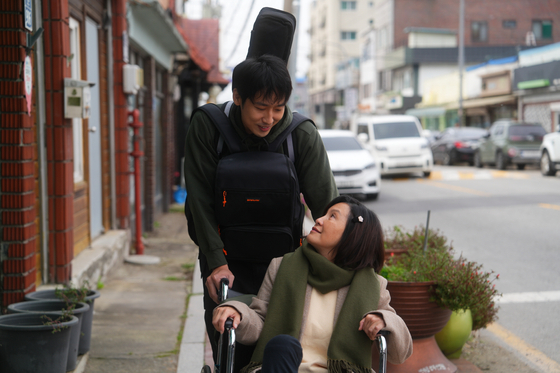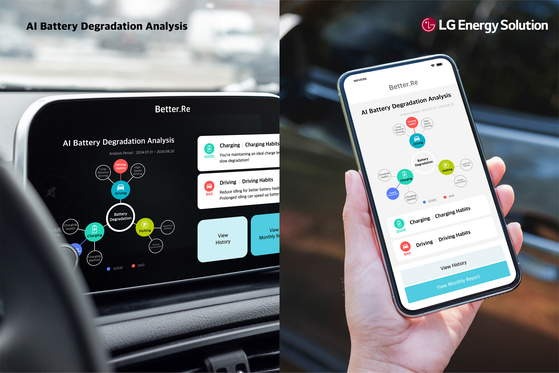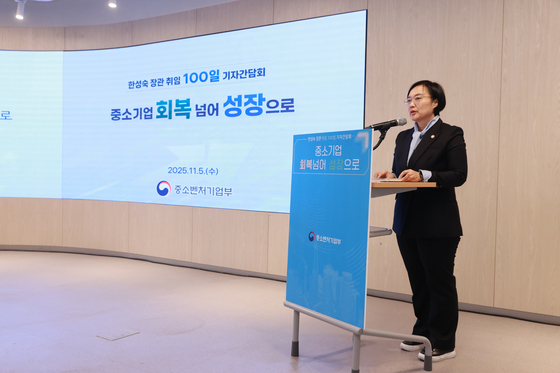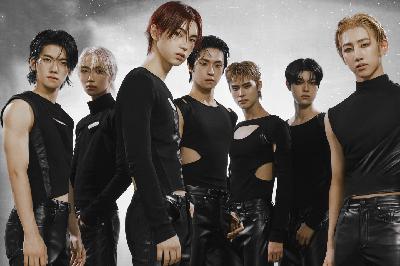Worth it for Instagram or just a rip-off? Hotel pool access fees in Korea spark controversy
Update: 2025-11-06
Description
This article is by Woo Ji-won and read by an artificial voice.
Why do Korean hotels charge extra for guests to use their pools and place limits on the number of times guests can use them?
That was the question one frustrated Reddit user posted recently - and it quickly turned into a debate. Some 40 comments poured in, with some users defending the policy, while others were absolutely baffled by it.
"Some high-end places charge for pool access because people only go there for the photos," one user wrote in the comment, earning 19 upvotes.
But many pushed back, with one commenter saying the hotels are "wring more cash out of you. ... spa should be free so anyone justifying this money grab is not used to staying at proper hotels. If you are not staying in the hotel naturally you need to pay for everything however if you are boarding at the hostelry..." Someone else wrote, "Because people here are willing to pay the extra. I'm finding hotels to be a terrible value in Korea in general."
This frustration isn't something only foreign travelers are finding controversial. Similar complaints have appeared on Korean online forums - including SLRClub, Naver Cafes and Quora - where many users described the fees as excessive and unfair.
Yet even after paying such high room rates, guests at some of these high-end hotels must still purchase a pool-inclusive package or pay an additional fee - sometimes over 100,000 won - to access the outdoor pool.
Access to their indoor pools is typically free, but these tend to be plain - often resembling fitness-center swimming pools with lanes rather than spaces for leisure or relaxation. Outdoor facilities, on the other hand, are often much larger and fancier, with some even featuring infinity pools, which makes them particularly desirable. As a result, guests who want to enjoy the more scenic, more entertaining outdoor pools have no choice but to pay extra on top of already premium accommodation costs.
The Shilla Seoul hotel, for example, charges hotel guests up to 125,000 won per adult during peak summer to access its outdoor Urban Island pool. IIf a family of four with two children under 13 were to book a weekday stay, a business deluxe room with two double king-sized beds starts at around 1.2 million won, according to the hotel's website as of Wednesday. With pool access costing an additional 600,000 won during peak season, the total comes to nearly 1.8 million won for just one night.
At Grand Walkerhill Seoul hotel's "River Park," pool access costs around 90,000 won during peak season for hotel guests - nearly double the weekday price of 40,000 won when it first opened in 2019. The fee now rises to 150,000 won if combined with a buffet. The Mondrian Seoul Itaewon charges up to 80,000 won during busy season.
The pricing feels particularly unfair when compared to other branches under the same hotel brand that do not charge extra for pool use. For instance, Banyan Tree Club & Spa Seoul requires guests to pay up to 80,000 won to access the outdoor pool, whereas many other Banyan Tree properties include pool access as part of the stay. Pavilion Hotel Kuala Lumpur, managed by Bayan Tree and Banyan Tree Bangkok, for example, offers rooftop pool access as a complimentary amenity for overnight guests, while Banyan Tree Higashiyama Kyoto provides free access to its indoor and outdoor natural hot spring baths.
The trend is not limited to the capital. Skybay Hotel Gyeongpo charges as much as 45,000 won for access to its infinity pool. Lotte Hotel in Busan charges hotel guests 40,000 won per adult to use its indoor and outdoor pools during its peak season.
While many hotel outdoor pools offer discounted rates for staying guests, the costs remain high - especially for families of three or four, who are often the main users of these facilities.
Even some luxury hotels with only indoor pools have adopted more restrictive policies. At Sofitel Ambassador Seoul hotel, guests must book a pool time slot upon check-...
Why do Korean hotels charge extra for guests to use their pools and place limits on the number of times guests can use them?
That was the question one frustrated Reddit user posted recently - and it quickly turned into a debate. Some 40 comments poured in, with some users defending the policy, while others were absolutely baffled by it.
"Some high-end places charge for pool access because people only go there for the photos," one user wrote in the comment, earning 19 upvotes.
But many pushed back, with one commenter saying the hotels are "wring more cash out of you. ... spa should be free so anyone justifying this money grab is not used to staying at proper hotels. If you are not staying in the hotel naturally you need to pay for everything however if you are boarding at the hostelry..." Someone else wrote, "Because people here are willing to pay the extra. I'm finding hotels to be a terrible value in Korea in general."
This frustration isn't something only foreign travelers are finding controversial. Similar complaints have appeared on Korean online forums - including SLRClub, Naver Cafes and Quora - where many users described the fees as excessive and unfair.
Yet even after paying such high room rates, guests at some of these high-end hotels must still purchase a pool-inclusive package or pay an additional fee - sometimes over 100,000 won - to access the outdoor pool.
Access to their indoor pools is typically free, but these tend to be plain - often resembling fitness-center swimming pools with lanes rather than spaces for leisure or relaxation. Outdoor facilities, on the other hand, are often much larger and fancier, with some even featuring infinity pools, which makes them particularly desirable. As a result, guests who want to enjoy the more scenic, more entertaining outdoor pools have no choice but to pay extra on top of already premium accommodation costs.
The Shilla Seoul hotel, for example, charges hotel guests up to 125,000 won per adult during peak summer to access its outdoor Urban Island pool. IIf a family of four with two children under 13 were to book a weekday stay, a business deluxe room with two double king-sized beds starts at around 1.2 million won, according to the hotel's website as of Wednesday. With pool access costing an additional 600,000 won during peak season, the total comes to nearly 1.8 million won for just one night.
At Grand Walkerhill Seoul hotel's "River Park," pool access costs around 90,000 won during peak season for hotel guests - nearly double the weekday price of 40,000 won when it first opened in 2019. The fee now rises to 150,000 won if combined with a buffet. The Mondrian Seoul Itaewon charges up to 80,000 won during busy season.
The pricing feels particularly unfair when compared to other branches under the same hotel brand that do not charge extra for pool use. For instance, Banyan Tree Club & Spa Seoul requires guests to pay up to 80,000 won to access the outdoor pool, whereas many other Banyan Tree properties include pool access as part of the stay. Pavilion Hotel Kuala Lumpur, managed by Bayan Tree and Banyan Tree Bangkok, for example, offers rooftop pool access as a complimentary amenity for overnight guests, while Banyan Tree Higashiyama Kyoto provides free access to its indoor and outdoor natural hot spring baths.
The trend is not limited to the capital. Skybay Hotel Gyeongpo charges as much as 45,000 won for access to its infinity pool. Lotte Hotel in Busan charges hotel guests 40,000 won per adult to use its indoor and outdoor pools during its peak season.
While many hotel outdoor pools offer discounted rates for staying guests, the costs remain high - especially for families of three or four, who are often the main users of these facilities.
Even some luxury hotels with only indoor pools have adopted more restrictive policies. At Sofitel Ambassador Seoul hotel, guests must book a pool time slot upon check-...
Comments
In Channel

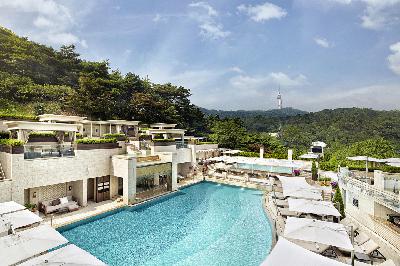
![[WHY] ‘Sushi on wheels’: Is Korea's obsession with white and black cars finally changing? [WHY] ‘Sushi on wheels’: Is Korea's obsession with white and black cars finally changing?](https://beyondwordsneproduction.blob.core.windows.net/production/public-upload/2025-11-07/f6ca2fa9-e8d9-44aa-ba2b-61528b6f581c-d763d80be022208534ba4afdfb346f1920251107-1182-x8yqsf.jpg)
